#にほんご
Text
横浜の元町のタリーズコーヒーで
横浜元町ショッピングストリートの中にあるタリーズコーヒーで、&TEA ベリーベリーフロマージュティーを頼みました♪


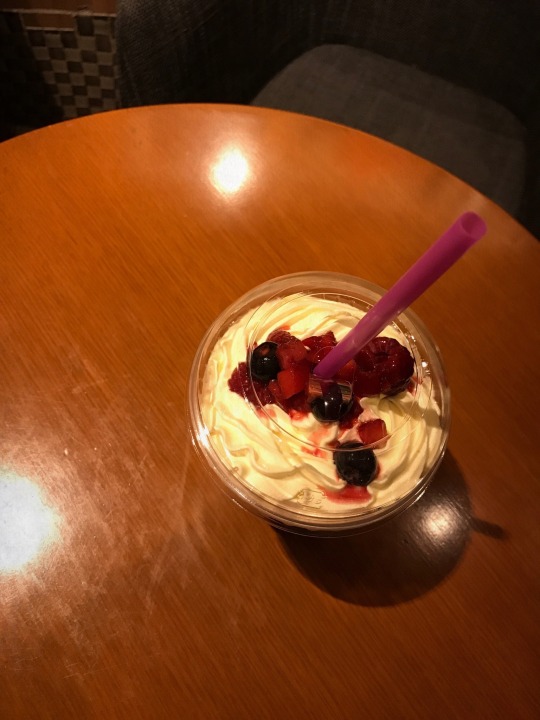


ここのタリーズにパソコンを持ち込んで、よくライターの仕事をしてました。
奥に入っていくと、大体8人くらい座れる電源がある大きなテーブルがあって、
そこでパソコン作業する人が多いですね。
あとは、今回私が座ったここの席も、実は壁の下の方にコンセントがあるので、パソコン作業できます。
入り口から入って右手の奥。
1人で座れる丸テーブルがありますよ^_^
カナリヤ響子
#カフェ活#カフェ巡り#タリーズコーヒー#ティータイム#ノマド#電源カフェ#カフェ#横浜元町#横浜元町ショッピングストリート#横浜市中区#石川町#石川町駅#横浜中華街#japan photos#japanese#yokohamacity#yokohama love#ひとりごと#kanagawa#元町ショッピングストリート#元町#元町商店街#日本語のブログ#にほんご#日本人#レトロ#風景#景色#幸せ#beautifulview
35 notes
·
View notes
Text
Banned hiragana from Japanese license plates and why
Most Japanese license plates have a hiragana on them, but some are banned
(edit)
お (o) - looks similar to あ (a)
を(wo) - pronounced the same way as お(o)
し(shi) - the character for death (死) is also pronounced shi
へ(he) - there is another character pronounced the same way (屁) and it means fart
+ へ can sometimes be read as え(e)
ん (n) - cause it is hard to pronounce on its own
173 notes
·
View notes
Text


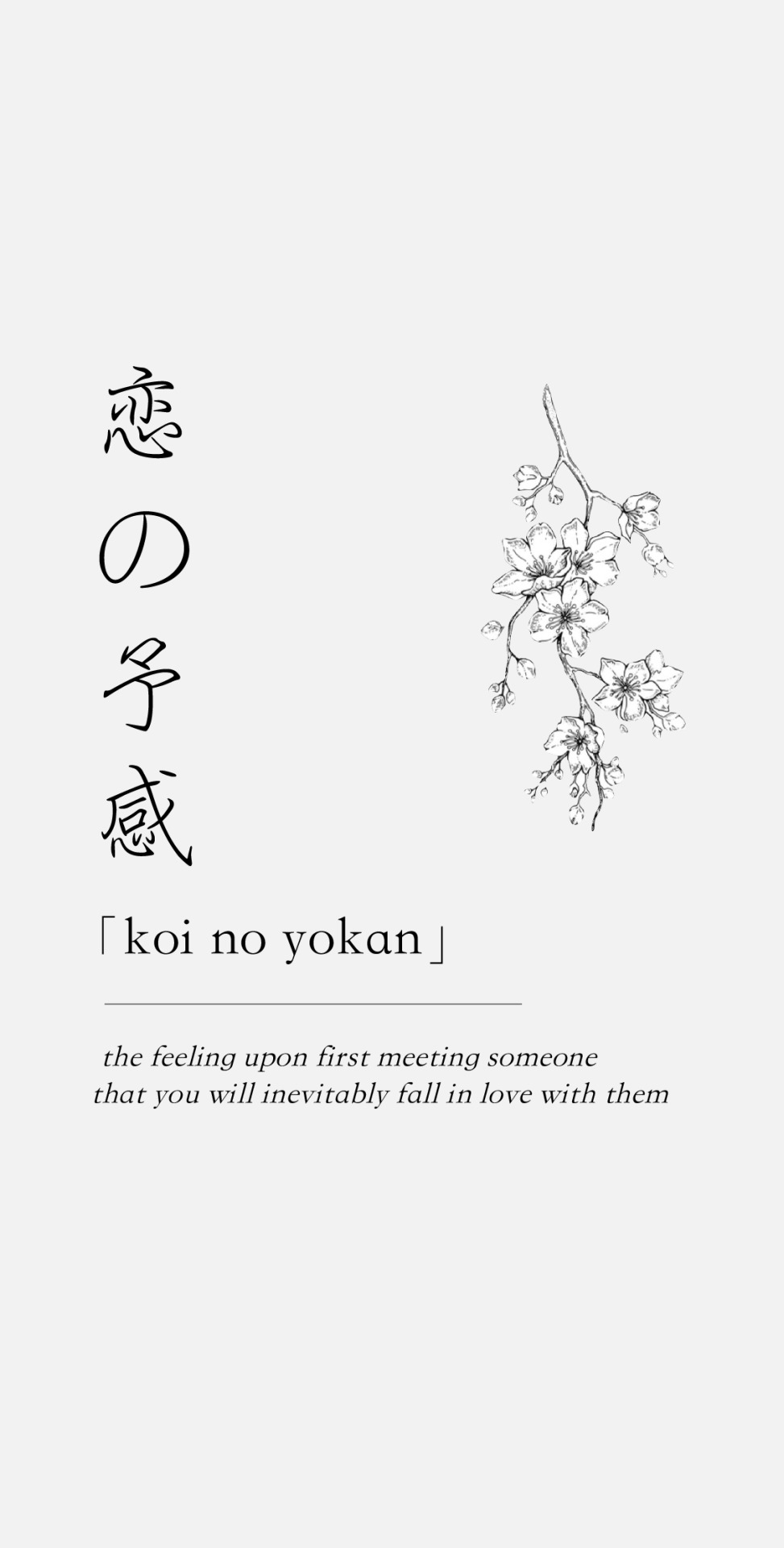
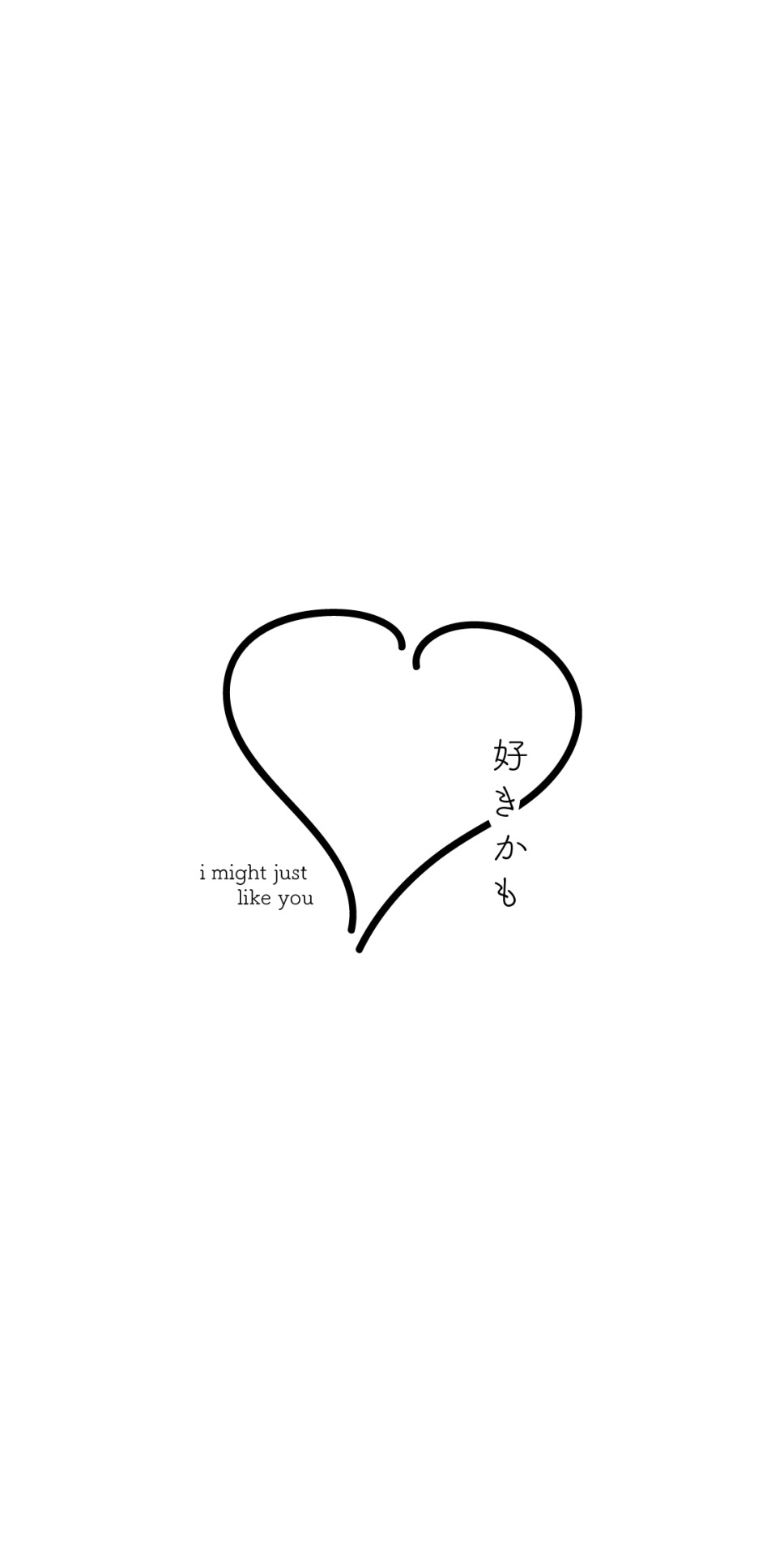
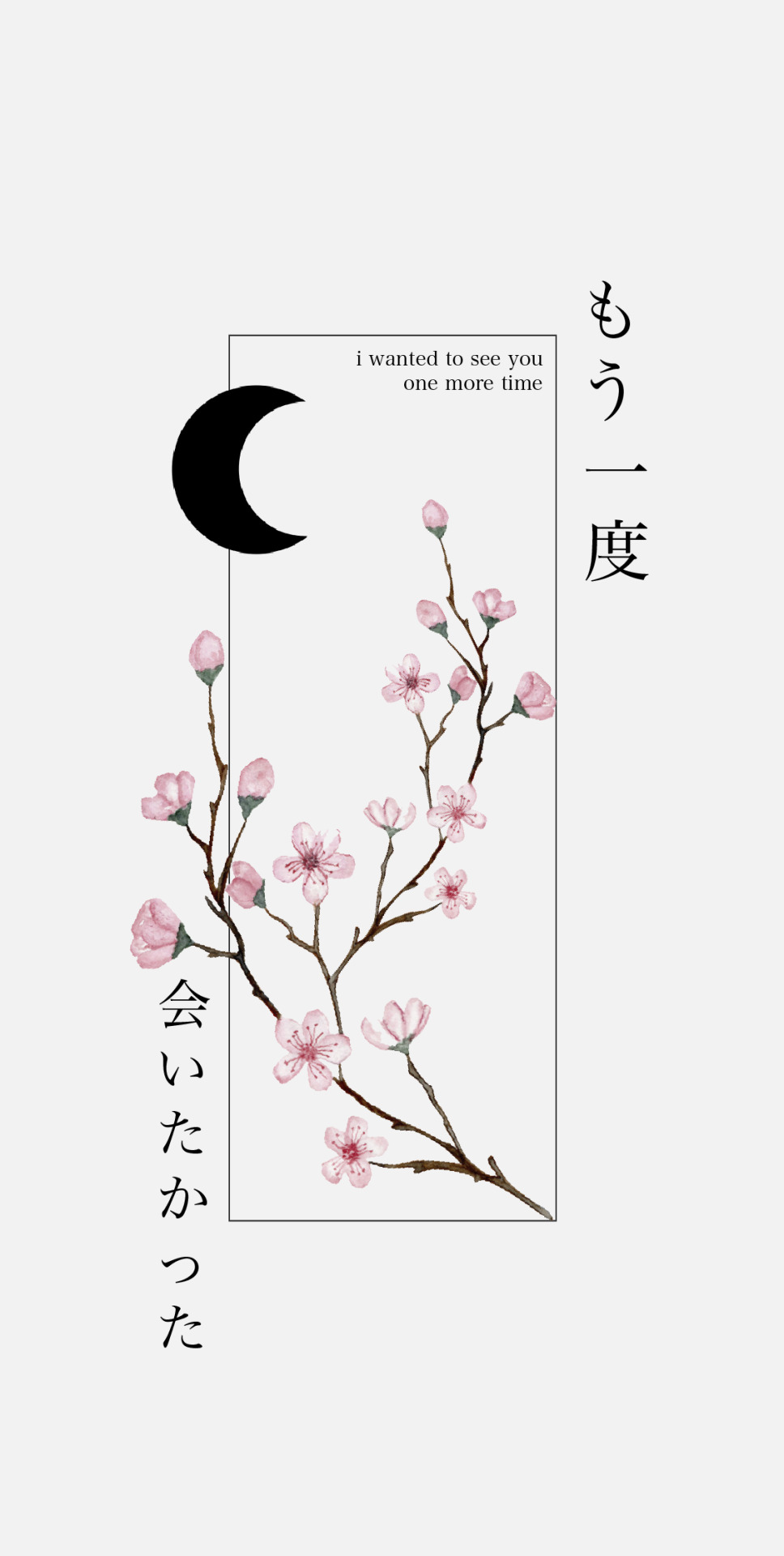
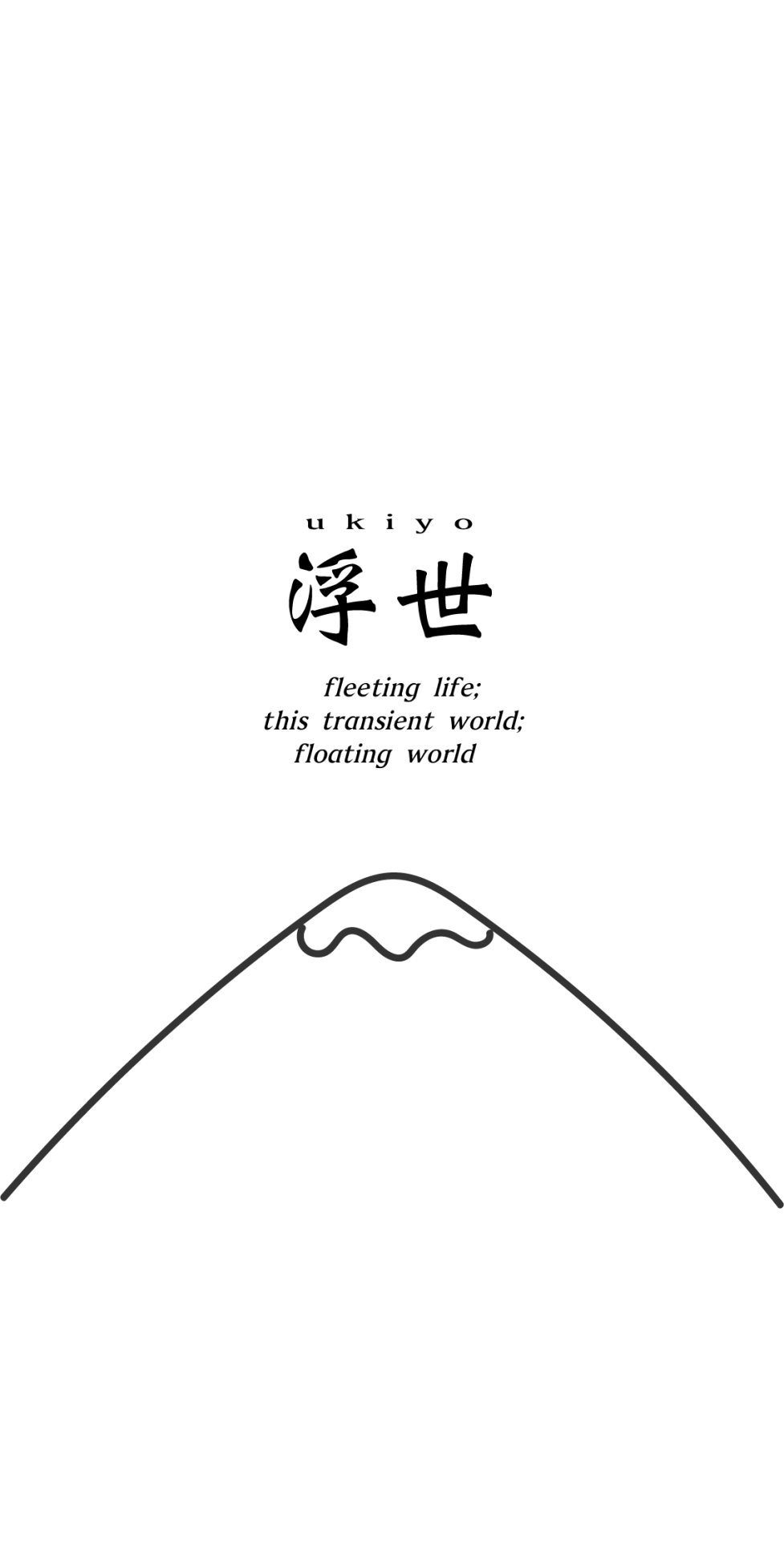
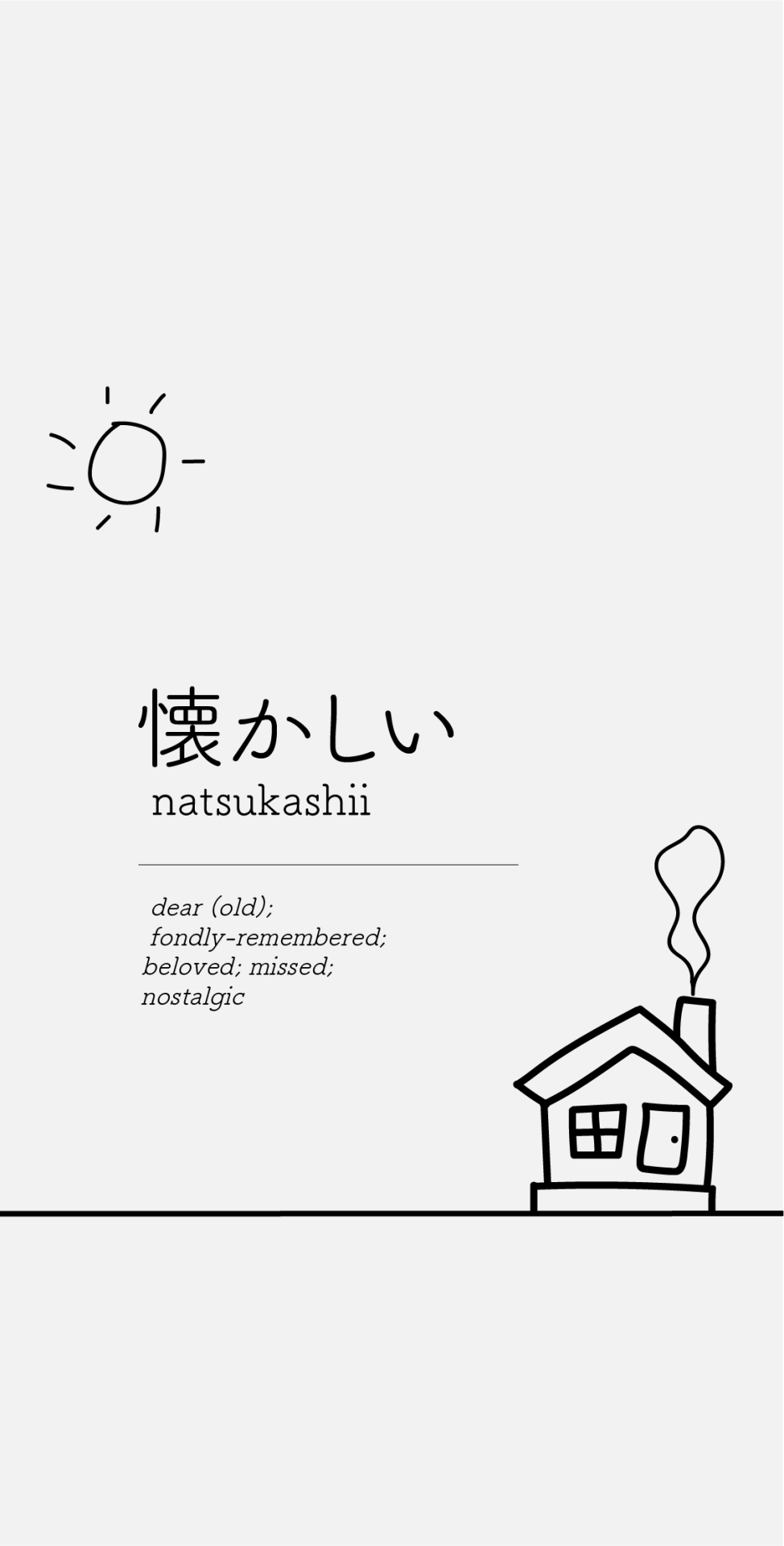
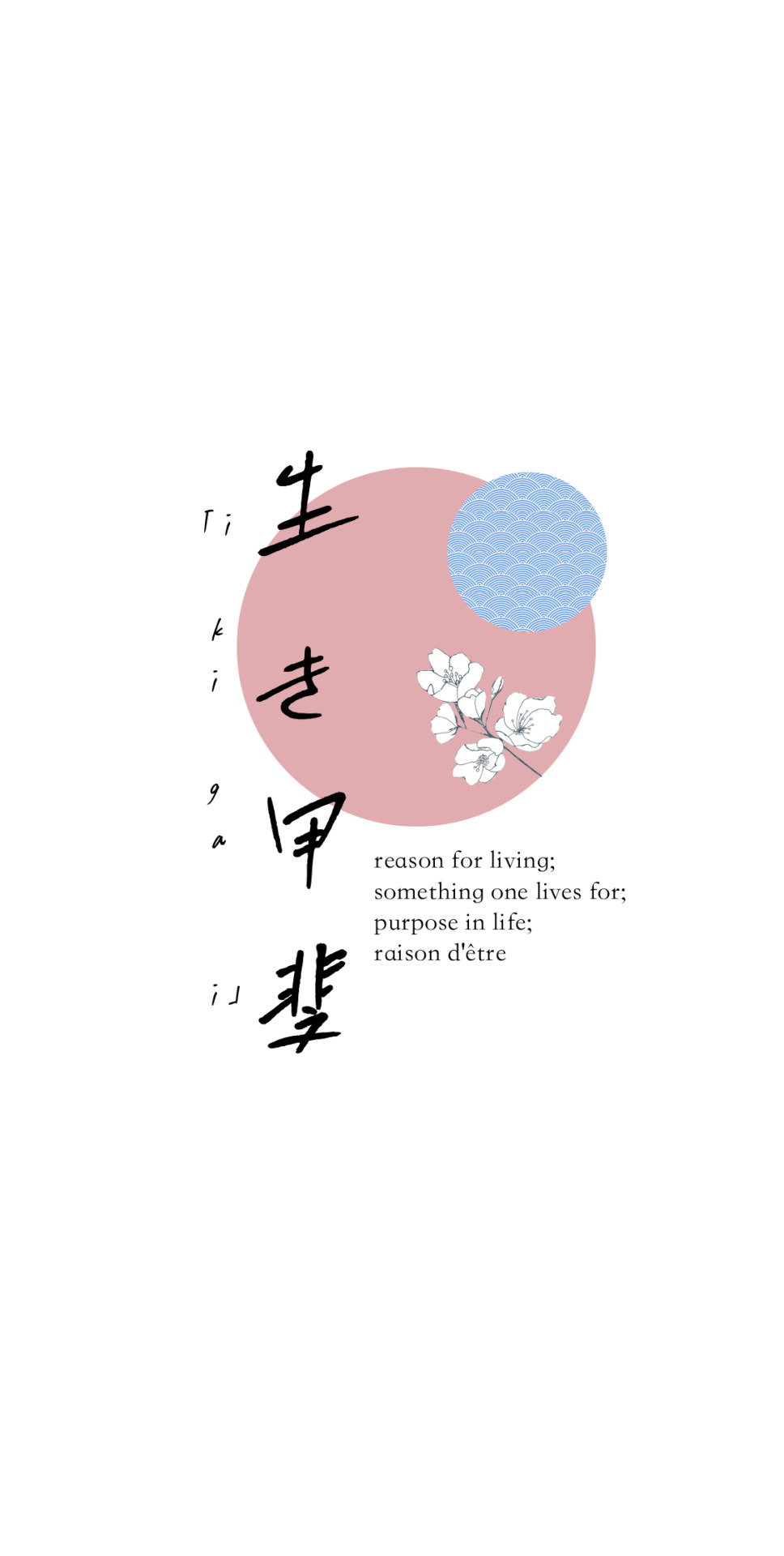

i rlly liked how these turned out! if anyone else requests a quote theme i might just do it :D
✺
✺
disclaimer - these are mine! made them myself this time haha
#tumblr#tumblr lockscreen#tumblr wallpaper#tumblr background#aesthetic#japan#japanese quotes#japanese words#にほんご#日本語#日本#japanese aesthetic#aesthetic lockscreen#aesthethic wallpaper#aesthetic screensaver#lockscreen#screensaver#wallpaper
280 notes
·
View notes
Text


i get free japanese language classes with work which is amazing but also difficult difficult lemon difficult
248 notes
·
View notes
Text
In Gaza, the horrors of Hiroshima and Nagasaki are being relived, but they occur in successive episodes, not just once.
في غزة يتم إعادة تجربة رعب هيروشيما وناجازاكي، ولكنها تحدث في حلقات متتابعة، وليس مرة واحدة
#広島型原爆#長崎型原爆#広島#長崎#日本語#にほん#にほんご#ひろしま#日本#ガーザ#ながさき#イスラエル#パレスチナ#ひろしまがたげんばく#ながさきがたげんばく#Nagasaki#Hiroshima#palestine#free palestine#gaza#free gaza#فلسطين#israel#jerusalem#i stand with palestine#israel is a terrorist state#israel is committing genocide#israel is committing war crimes#israeli war crimes#israeli crimes
64 notes
·
View notes
Text
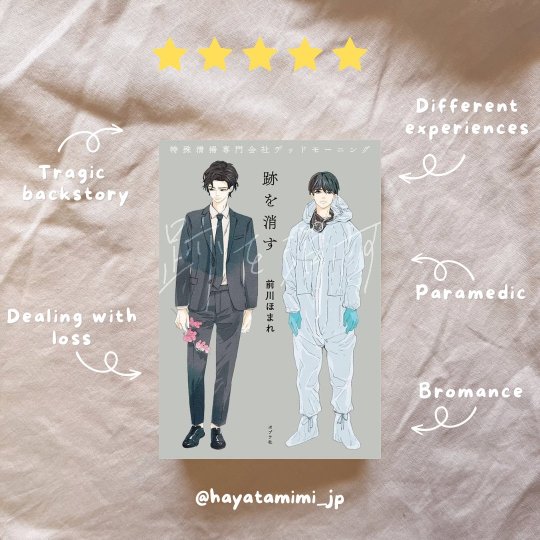
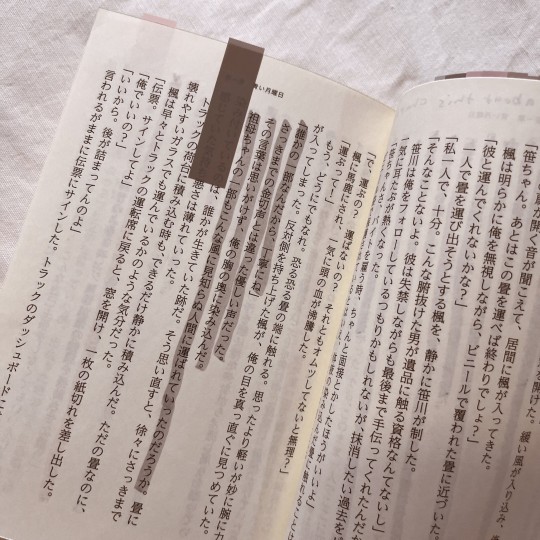
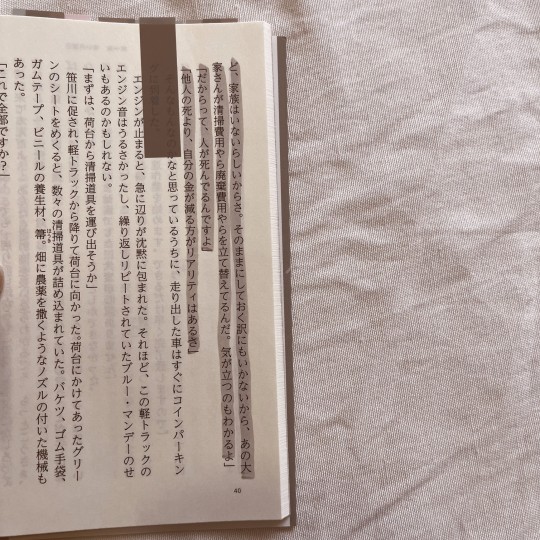

Review of one of my favorite books 🇯🇵
跡を消す means "Erase the Traces"
But what do they mean by traces? It basically means, erase the existence of what the deceased left behind.. especially if the landlord or the police found out about the dead body weeks or months later... Usually that happens when the dead person dies alone.. with no family or friends around.. they only get divorced when the smell becomes so hard to bear.. the smell of a dead body left to rot makes the whole building stinks and there will be so many worms and naturally.. the waste and the liquids of the dead body.. so that's what they do.. they cleans the houses of the deceaseds and erase their traces.. like these traces weren't here from the very beginning..
I never expected this book to hurt so much yet touch my heart in so many places.
You can see how cruel the world is..the families who don't give a shit about the dead person.. the angry landlords.. and many many more.
And because I don't want to spoil you, I will stop here so you could discover the rest of the book on your own.
This is my first time reading a book by this author and definitely won't be my last time. I absolutely love her writing style and it makes you feel like you are part of the story and feeling every emotion the protagonists feels..
She is also a nurse which isn't surprising because you could tell by reading this book that she has so much knowledge. A Lot of medical information was explained in a really easy way.
Trigger warnings: death (including infants), bodily waste, medical issues, blood, horrific scenes, corpses, suicide, insects
Level: N3-N2
#japanese#japanese language#learning japanese#learn japanese#japanese book#日本語#にほんご#japanese novel#japanese literature#reading in japanese#Book review#bookblr#小説
70 notes
·
View notes
Video
youtube
Learn Japanese with Anime - Lies Are The Most Exquisite Love! (Oshi no Ko)
#learn japanese#japanese study#japanese studyblr#japanese language#japanese langblr#日本語#にほんご#日本語の勉強#日本語勉強#nihongo#japanese vocabulary#japanese grammar#anime#japanese anime#anime quotes#アニメ名言#oshi no ko#ai hoshino#推しの子#星野アイ
26 notes
·
View notes
Text
Japanese Lesson 89
Today’s Lesson is “laze around”.
今日のテーマは“ダラダラする“です。
Example1
A.Did you finish your homework?
casualTrans:宿題やった?
literalTrans:宿題は終わりましたか?
B.I tried to finish it on that day.But I found myself lazing around.
casualTrans:やろうと思ってたけど、結局ダラダラしてたわ。
literalTrans:その日に終わらせようとしましたが、気づいたらダラダラしていました。
A.Seriously?Do you want me to show you?
casualTrans:マジ?見せたろっか?
literalTrans:本当ですか?見せてあげましょうか?
B.Are you sure?Thats helpful!You are a lifesaver.
casualTrans:ええの?助かる!命の恩人やわ。
literalTrans:いいんですか?助かります。あなたは命の恩人です。
A.exaggerated.
casualTrans:言い過ぎやって。
literalTrans:大袈裟ですよ。
Example2
A.I wish I get enough money to live , lazing around all days.
casualTrans:ダラけてるだけで、大金が手に入ったらなぁ。
literalTrans:1日中ダラダラしてるだけで、生きていくのに十分なお金が手にはいったらいいのになぁ。
B.Let’s make that country thing together.
casualTrans:そんな国をつくろうぜ。
literalTrans:そんな国を一緒に作りましょう。
I can teach you guys natural Japanese!
Leave your comments if you have questions.
See you again!
66 notes
·
View notes
Text


<26th April 2024>
24th Day of 100 Days of Productivity
今日のやったこと
文法 第 1 から 10
本文 第 1 から 8
単語 第 1 から 7
things look okay so far. I might just sail through
#studyblr#studyspo#new studyblr#study motivation#100 days of productivity#langblr#study blog#studybuzz#bookblr#study community#study inspiration#study aesthetic#japanese langblr#日本語#日本語の勉強#にほんご
16 notes
·
View notes
Text

Makima Chainsaw man 😍
Follow my insta for better updates! 💗 Draculas_son66
InstaはDracula_son66
#anime art#chainsaw man#makima#マキマ#にほんご#アニメ#えび#まきまき#wwwwwww#like#love#artwork#digital art#digital drawing#digital illustration#digital aritst#digital fanart#for fun#artists on tumblr#alternative
12 notes
·
View notes
Text




アイコン4つ
#にほんご#artists on tumblr#artwork#japan#japanese#original art#illustration#colored pencil#watercolor#gansai#icons#my art#cat#pretty girls#cool guy
9 notes
·
View notes
Text
Colours in japanese
(Are also sometimes said in english)
Colour 色 いろ
white 白 しろ /ホワイト
yellow 黄色 きいろ /イエロー
gold 金 きん /ゴールド
orange 橙色 だいだいいろ/オレンジ
red 赤 あか /レッド
pink 桃色 ももいろ(literally means peach colour) / ピンク
purple 紫 むらさき/ パープル
blue 青 あお /ブルー
green 緑 みどり /グリーン
brown 茶色 ちゃいろ (tea colour) /ブラウン
grey 灰色 はいいろ (ash color) / グレー
silver 銀 ぎん /シルバー
black 黒 くろ / ブラック
13 notes
·
View notes
Text

真夏の恋は気まぐれ
Manatsu no koi wa kimagure
49 notes
·
View notes
Text

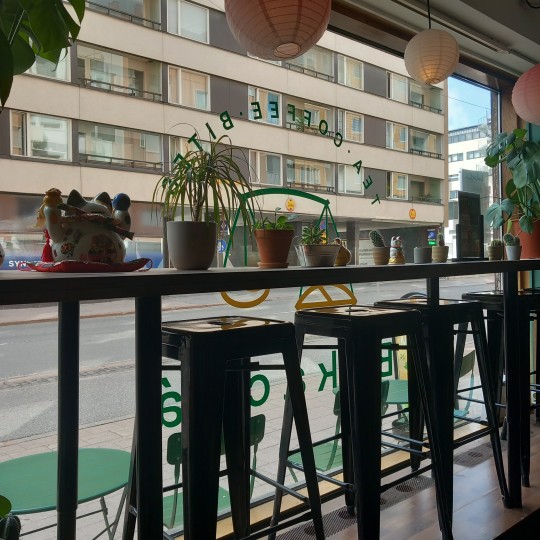


aug 23, 2023
artist: yu xiaodong
#realised my blog was not old enough yet to show up in tags oops#vietnamese langblr#langblr#studyspo#korean langblr#langvillage#한국어 배우기#한국어 공부#日本語#にほんご#汉语#学习汉语#tiếng việt#học tiếng việt#studyblr#studygram#study aesthetic#study motivation#polyglot#duolingo#bookblr#bookstagram#bookish#dark academia
38 notes
·
View notes
Text

Mini book haul (and there is more I will share in my next YouTube video ✨)
After so many years I am finally at this level ⭐
50 notes
·
View notes
Text
JLPT N5 - くなる and くする
This grammar point is very simple. You use くなる when the condition of something becomes a certain way by itself. On the other hand, くする is used when the condition of something is changed by an outside agent (either a person or a thing). In this post, let’s look at these two very basic constructions and how the Japanese works.
Here is your vocabulary:

【The Grammar】
The grammar is very simple. First, you take an adjective or a noun and change them to their adverbial forms. For example, the adjective 長い has an adverbial form of 長く. The noun ひま has an adverbial form of ひまに.
After you make the adverbial forms of the adjective or the noun, you just put it before either なる or する. That’s it!
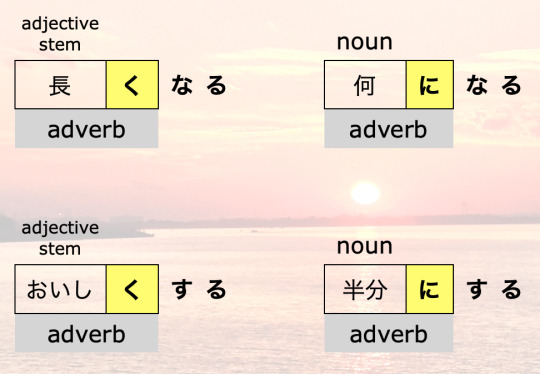
We talked about the く connector in this post and about the adverbial に in this post.
I should point out that while this grammar point appears in most JLPT books and websites as くなる and くする, as you can see in the picture above, nouns don’t use く! For that reason, I choose to call this point adverb ✙ なる and adverb ✙ する.
【adverb + なる】
Here are some examples with なる:
① 熱が下がって、気分がだいぶ{よくなりました}。
=fever will go down and then feeling became considerably better
= My fever went down and then I felt much better.
② この仕事が終わったら、少し{ひまになる}と思います。
= when work finishes, a little bit, will become free, I think
= I think that when work finishes, I’ll have more time.
③ このごろ仕事が減って、前ほど{忙しくなくなった}。
= these days, work decreased and so as much as before, became not busy
= These days, I have less work and so I’m not as busy as before.
④ きみは{大人になったら}、{何になりたい}の。
= when you become an adult, what want to become
= When you grow up, what do you want to be (and explain)?
Some things to notice:
In example 1, the sense is that when the fever went down, the person’s mood got better by itself.
In example 2, the condition of having more free time arises naturally when work decreases. (ひま can have the connotation of having absolutely nothing to do and can be considered rude by some people. I use the word for myself sometimes, but I never seriously refer to other people as ひま.)
Concerning example 3, the negative form of 忙しい is with 忙しくない. If you want to make THAT into an adverb, it will become 忙しくなく. This was very difficult for me when I was just beginning Japanese.
Finally, Example 4 shows that the question word of 何 can be treated as a noun. This makes sense if you think of it as a placeholder for whatever answer the listener will give. Also, because the speaker uses the word きみ we know that the speaker and listener are close. It would make sense if it were a parent-child relationship. きみ is NOT used with people that you have just met or that you don’t know well!
【adverb + する】
Here are some examples with する:
⑤(父が子どもに)もっと部屋を{きれいにしなさい}。
= father to his child: a little bit more the room, make it clean
= Clean up your room a bit more.
⑥ このケーキ、ちょっと大きいから、{半分にして}ください。
= this cake, a bit big and so make it half please
= This cake is a bit (too) big so please cut it in half.
⑦ スカートを5センチぐらい{短かくして}ください。
= this skirt, about 5 centimeters make it short please
= Please shorten this skirt about 5 centimeters.
Notice that examples 5, 6 and 7 all include someone (other than the speaker) making a thing (a room, a cake, and a skirt) a different condition than the current one. This is when you will want to use adverb + する.
【Conclusion】
The grammar points of adverb ✙ なる and adverb ✙ する are pretty simple to understand. That is why they are considered Level N5. Adverb ✙ なる shows a person or a thing becoming a different condition by itself. Adverb ✙ する shows a person or a thing changing to a different condition by a different person or thing.
Thanks for reading, and see you next time!
Rice & Peace,
– AL (アル)
👋🏾
#japanese#japanese grammar#learn japanese#japanese language#japanese lesson#japanese study#japanese vocabulary#japanese vocab#japanese verbs#studying Japanese#japaneselessons#learnjapanese#japanese studyblr#japanese langblr#JLPT#JLPT N5#jlptn5#にほんご#日本語#日本語の勉強#一緒日本語#language#languages#language study#language studyblr#language blr#IsshoNihongo
388 notes
·
View notes